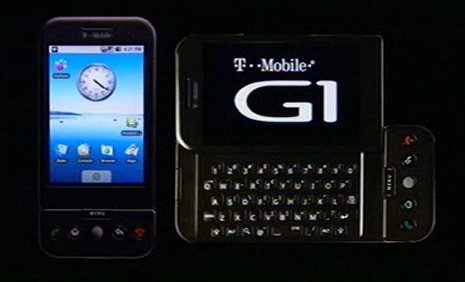The cost of commercial software is so high that the software expense makes up a big chunk of business operating cost especially for beginning entrepreneurs. For example, Windows Vista Business edition costs $300, Microsoft Office Small Business 2007 costs $450, and Quickbooks 2008 costs $200 or more. In addition, you need to buy good security software to protect your data from virus and spyware. All this can add up to $1000 or more. If you run 3 or more computers in your office, the cost can run up to stunning several thousands of dollars.
Even if you manage to purchase all the software needed for your business, the cost of maintaining and upgrading business software can be costly as well. Every 2 or 3 year, you'll need to upgrade your software.
Thus, finding cheaper or free business software can save your business a lot of money, especially in this bad economy. If you look a little hard, you can find cost-saving alternatives to just about every expensive business software.
The new buzz word these days is so-called "cloud computing". Cloud computing is a relatively premature technology in which software on the Internet is accessed and used by your computer typically via browser. In cloud computing, the software is not installed on your computer, but you access and use it on the Internet. In theory, cloud computing can save businesses money. For example, Amazon.com provides its network of retailers with cloud computing facilities necessary for them to conduct e-commerce. Google Docs can also be considered a form of cloud computing.
Frankly, I don't buy cloud computing because of security concern. Think about it. Running software over the Internet can be susceptible to snooping and data theft. Also, power outage and Internet congestion can pose a serious obstacle. For example, recent glitch in Amazon.com data center caused 8 hours of S3 service outage for Amazon's business clients. That's a serious loss for e-commerce businesses.

A Thin Client by Wyse Technology
Another way to save cost for business is thin-client computing. Thin-client computing involves minimalist computer hardware called thin clients. Thin clients are tiny in size, cute in shape, non-obtrusive, and have little memory and low computing power. They typically come with a minimal set of software such as web browser, telnet, SSH, and Remote Desktop client. Thin-client computing may save cost for business both in hardware and software level and keeps your office clutter-free. You use thin clients to access business software running on the central server over the LAN or WAN. In that sense, thin-client computing is similar to cloud computing except that thin-client computing involves minimalist hardware.
Thin-client computing has several advantages: For one thing, you can buy only one copy of business software and install it in just one computer, the central server, therefore reducing software expense. Second, thin-client computing facilitates centralization of data in the server and prevents duplicate, often incorrect data. If you install business software on several computers and move your data around them, you can end up having duplicate data in several computers, wondering which one is the latest relevant copy. Lastly, thin clients consume less power and emit less heat, thereby reducing energy bill for your business. I find thin-client computing attractive but need further research.
As for the alternative to Windows Vista, I recommend using Linux. Recent breakthrough in technology and usability in the Linux operating system have helped Linux become a sensible alternative to Microsoft Windows. A good commercial-grade Linux distribution is CentOS. Nevertheless, Linux can be a daunting experience for first-time users. For Linux beginners, a friendly Linux expert in your neighborhood will be helpful.
If you are forced to stick with Windows Vista, there are still cost-saving alternatives to the rest of software. As for office suites, there are OpenOffice.org and IBM/Lotus Symphony.
If you don't like office suites, there are free stand-alone applications. Abiword is a fine word processor. Gnumeric is a nice spreadsheet program. For desktop publishing, there's excellent Scribus. For drawing and photo editing, you got fantastic GIMP. For vector graphics, Inkscape is a free excellent choice.
For virus protection, I recommend Avast! Antivirus Home Edition. It's free for non-commercial personal use, though. Alternatively, you can get completely free ClamWin which might do the job.
For accounting, you can use GnuCash or TurboCASH.













